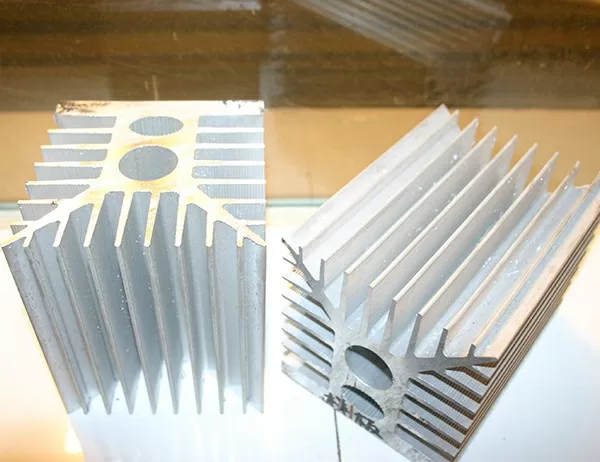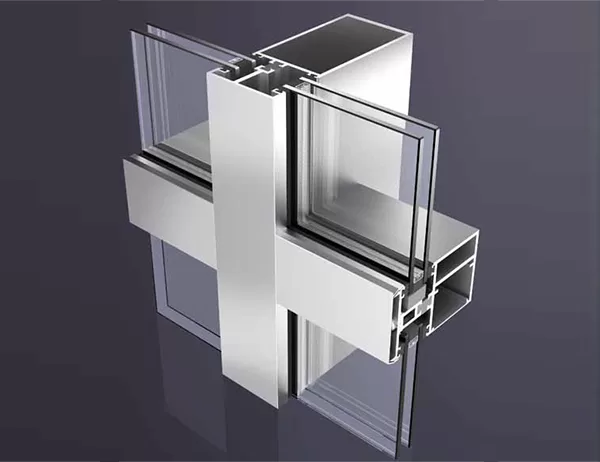Solar panels are a sustainable and cost-effective way to generate renewable energy. To ensure the durability, performance, and longevity of solar panels, it is crucial to choose the right frame material. Aluminum frames are widely used in solar panel construction due to their numerous advantages over other materials. In this article, we will compare aluminum frames with other common frame materials for solar panels, highlighting their strengths and limitations.
Durability and Strength
Aluminum frames are highly durable and can withstand harsh weather conditions, including extreme temperatures, strong winds, and hail. They are resistant to corrosion, rust, and UV radiation, ensuring the longevity of the solar panels. Compared to other materials like steel or plastic, aluminum frames are lighter and have a higher strength-to-weight ratio, making them less prone to bending or breaking.
Thermal Conductivity and Heat Dissipation
Solar panels generate heat during operation, which can affect their performance and lifespan. Aluminum has excellent thermal conductivity, facilitating efficient heat dissipation from the solar panels. This helps maintain optimal operating temperatures, reducing the risk of overheating and ensuring the panels operate at maximum efficiency.
Corrosion Resistance
Aluminum frames are highly corrosion-resistant, making them suitable for use in coastal areas or environments with high humidity. Unlike steel frames, which are prone to rust, aluminum frames remain protected from moisture and other corrosive elements, ensuring the durability and longevity of the solar panels.
Cost and Maintenance
Aluminum frames are typically more expensive than other materials like plastic or wood. However, their durability and low maintenance requirements make them a cost-effective option in the long run. Aluminum frames require minimal maintenance and do not need to be painted or treated like other materials. This reduces ongoing maintenance costs and ensures the panels remain in good condition for an extended period.
Weight and Handling
Aluminum frames are lightweight compared to other materials, making them easier to transport, install, and handle. This can be particularly beneficial for large-scale solar installations, where weight becomes a significant factor. The lightweight nature of aluminum frames also reduces the load on the supporting structures, making them more economical.
Aesthetic Appeal
Aluminum frames provide a sleek and modern aesthetic that enhances the appearance of solar panels. They are available in various finishes and colors, allowing them to blend seamlessly with different architectural styles.
When selecting a frame material for solar panels, it is essential to consider factors such as durability, strength, thermal conductivity, corrosion resistance, cost, weight, and aesthetic appeal. Aluminum frames emerge as a superior choice due to their exceptional durability, thermal conductivity, corrosion resistance, low maintenance requirements, lightweight nature, and aesthetic versatility. While they may have a higher upfront cost compared to other materials, their long-term durability and reduced maintenance needs make them a cost-effective and sustainable option for solar panel applications.




